
10 Foods You Should Never Cook in Aluminum Foil — And Why It Could Be Dangerous
Cooking with aluminum foil is a common practice in kitchens worldwide, prized for its ability to conduct heat efficiently and wrap foods conveniently. Whether roasting, grilling, or simply storing leftovers, aluminum foil has long been considered an essential tool for home cooks.
However, recent studies and health experts warn that this popular kitchen staple might not be as harmless as it seems—especially when used with certain types of food. As we become more conscious of how our cooking methods affect both flavor and health, it’s crucial to recognize which foods could pose a risk when cooked in aluminum foil.
This article explores ten foods you should never cook with aluminum foil and explains why this everyday item can sometimes be more harmful than helpful.
1. The Hidden Dangers of Aluminum Foil
Aluminum foil is made from a thin sheet of reactive metal. When heated, it can leach into food—especially at high temperatures or when in contact with acidic ingredients. Research shows that cooking with foil can increase the aluminum content in food by up to 400%.
While small amounts of aluminum are generally safe, prolonged exposure and accumulation in the body have been linked to neurodegenerative diseases such as Alzheimer’s. Being mindful of which foods trigger this reaction can significantly reduce your exposure.
2. Acidic Foods: A Risky Combination
Acidic foods are particularly reactive with aluminum foil. The acid corrodes the metal, allowing it to seep into your meal. Common culprits include citrus fruits, tomatoes, and dishes containing vinegar or wine.
Better alternative: Use parchment paper or glass containers instead of foil when cooking or storing acidic foods.
3. Tomatoes: Metallic Taste Alert
Tomatoes are highly acidic and tend to react strongly with aluminum. Cooking or baking tomato dishes in foil often results in a metallic aftertaste, ruining the flavor and increasing aluminum exposure.
Best option: Stick to stainless steel or ceramic cookware to maintain both taste and safety.
4. Lemon Fish: Hidden Health Hazard
Many people wrap fish with lemon slices in foil to lock in flavor—but this can backfire. The lemon’s acidity reacts with the aluminum, causing more metal to leach into the fish.
Pro tip: Wrap the fish in parchment paper first, then foil if needed for structure. This prevents direct contact between the acid and the metal.
5. Vinegar Veggies: Unsafe but Common
Cooking vegetables with vinegar in foil packets may seem convenient, but it’s not safe. Vinegar accelerates the breakdown of aluminum, contaminating the food.
Safe choice: Use glass or ceramic baking dishes instead for roasting or baking vinegar-based recipes.
6. Spices and Herbs: Flavor Interference
When spices or herbs are cooked with acidic ingredients in foil, a chemical reaction can alter their flavor profile. You may notice muted or off-tasting spices.
Solution: Use non-reactive cookware to preserve your spices’ full aroma and flavor integrity.
7. Berries: Keep the Fresh Taste
Berries such as strawberries and raspberries are naturally acidic and can react with foil, resulting in a metallic tang.
Storage tip: Keep your berries in glass or BPA-free plastic containers to maintain their natural sweetness.
8. Pickled Foods: Avoid the Reaction
Pickled foods often contain vinegar or acidic brine that reacts strongly with aluminum foil. This not only changes the flavor but also raises the risk of metal contamination.
Best practice: Store and heat pickled items in glass jars or ceramic bowls only.
9. Sauces and Marinades: Double Check the Ingredients
Sauces or marinades made with vinegar, citrus, or wine can easily corrode foil, allowing aluminum to mix into your food.
Tip: Marinate meats or veggies in stainless steel or glass dishes, then transfer them to the oven without foil contact.
10. Cheese: Don’t Wrap It in Foil
Cheese—especially when combined with acidic ingredients—can react with aluminum, altering both taste and texture.
Better alternative: Use parchment or wax paper for storage and baking to maintain its natural flavor and consistency.
11. Cabbage and Brassicas: Sulfur Meets Metal
When cabbage, broccoli, or Brussels sprouts are cooked, they release sulfur compounds that can react with foil, giving the food a metallic flavor and increasing aluminum absorption.
Healthy option: Use stainless steel or glass cookware to preserve nutrients and flavor safely.
In summary:
While aluminum foil remains a convenient kitchen tool, it’s important to use it wisely. Avoid using it with acidic or sulfur-rich foods to prevent unwanted chemical reactions and potential health risks. By switching to safer alternatives like parchment paper, glass, or ceramic cookware, you can cook confidently—without compromising flavor or well-being.
News in the same category


Inside Gabby Logan’s marriage to husband Kenny Logan – sex-less marriage; affair allegations; wedding day disaster

Concerns for Lisa Snowdon as she admits ‘a few things need investigating’ following scan

Davina McCall reveals she’s been diagnosed with breast cancer in emotional video message

My Nana’s 4-Minute, Zero-Work Hack to Freshen Carpets
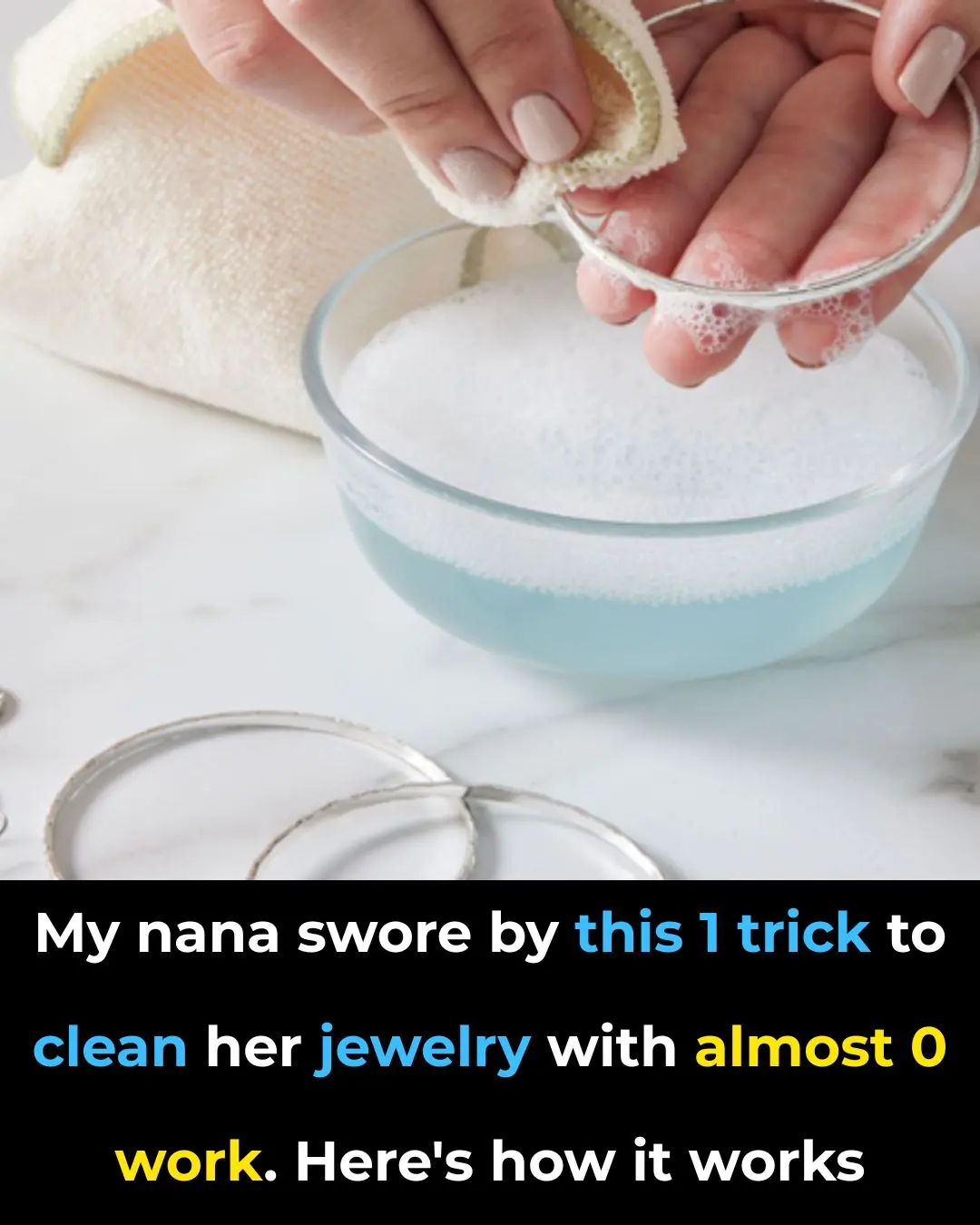
Nana’s Timeless Jewelry Cleaning Trick That Actually Works
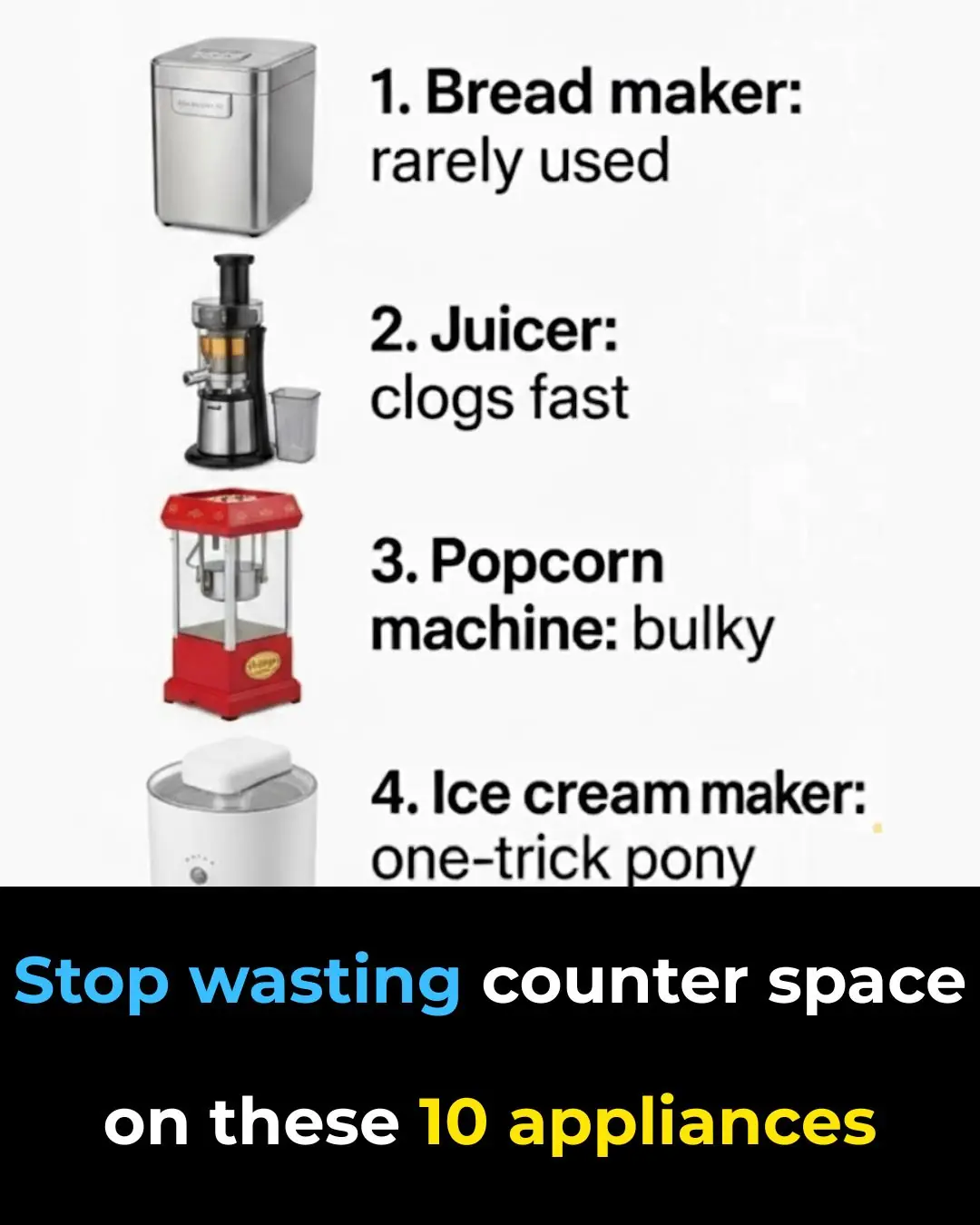
Stop Wasting Counter Space on These 10 Kitchen Appliances
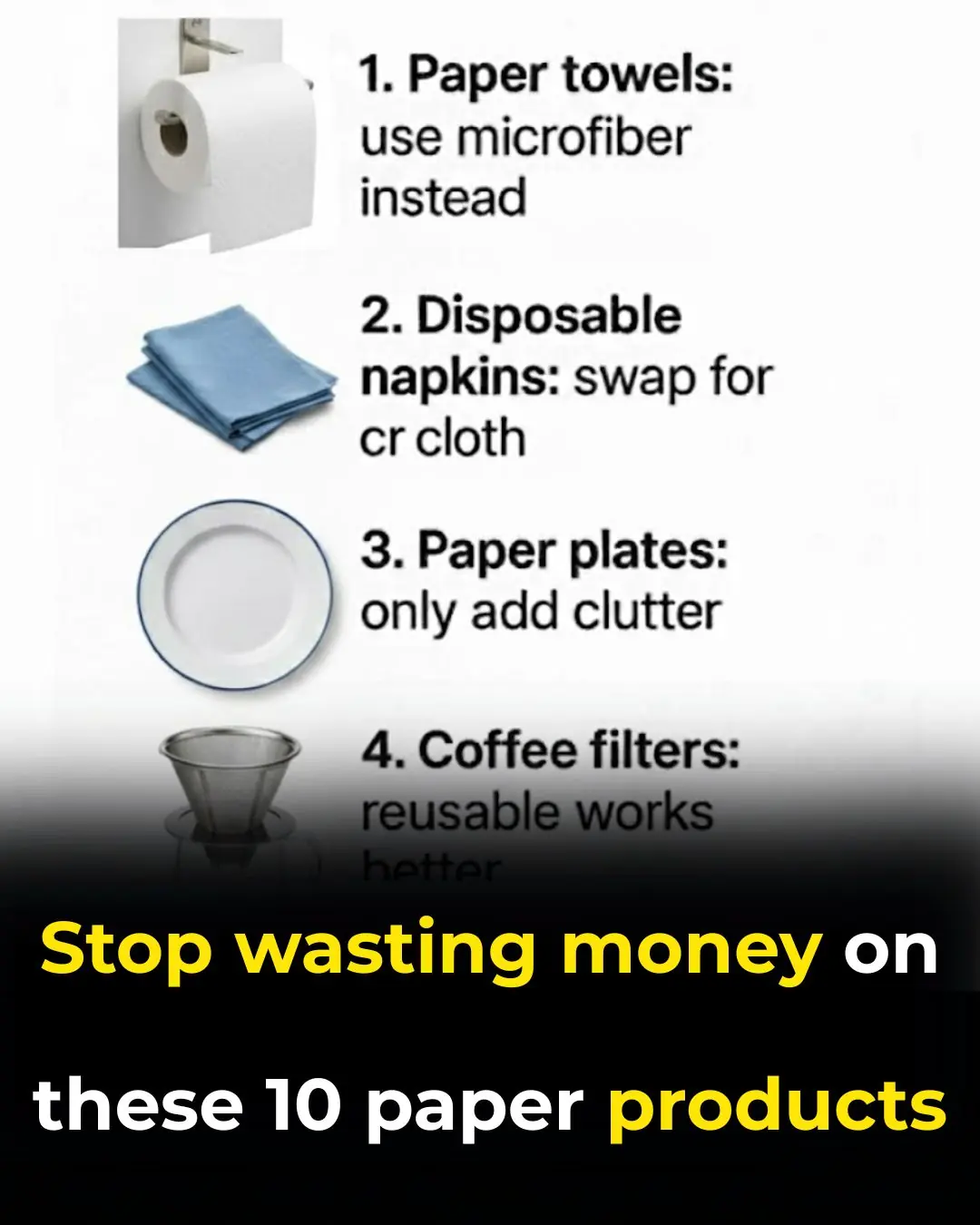
Stop Wasting Money on These 10 Paper Products

Keyless Cars: What Every Driver Needs to Know
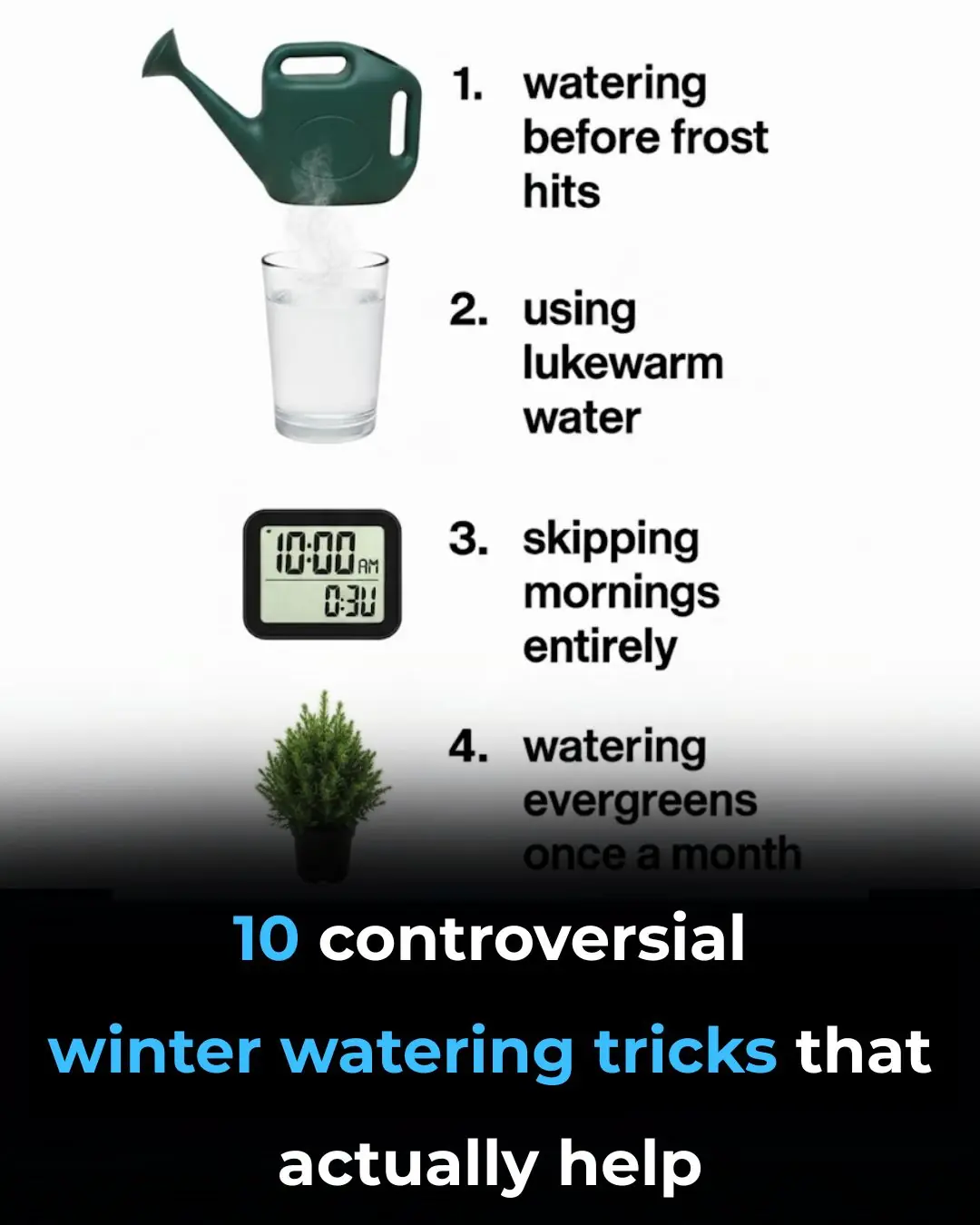
10 Controversial Winter Watering Tricks That Actually Work

Get Rid of Squirrels for Good by Planting These 10 Squirrel-Repelling Plants

Gentle Stretches to Relieve Sciatica Pain

New Food Stamp Rules Start in November...

‘He’s My Superhero’: Claressa Shields Credits Potential $15M Deal To Guidance Of Lover, Protector, Adviser and Future Baby Daddy Papoose

‘Auto-Tune Led Us Here’: Jermaine Dupri Sets Off a Firestorm After Comparing AI Artists to Milli Vanilli’s Lip-Sync Shameless Story

12-Year-Old Makes History, Swimming From Saint Lucia to Martinique To Raise Awareness For Breast Cancer

Meet The Owner Of The First Beauty Supply In New Paltz, New York

R&B Singer Lucky Daye Has Full-Circle Moment with MLK Day Halftime Performance

Meet Alvin Irby, One of Pepsico’s Black Changemakers Who’s Using Barbershops To Encourage Black Boys To Read More
News Post
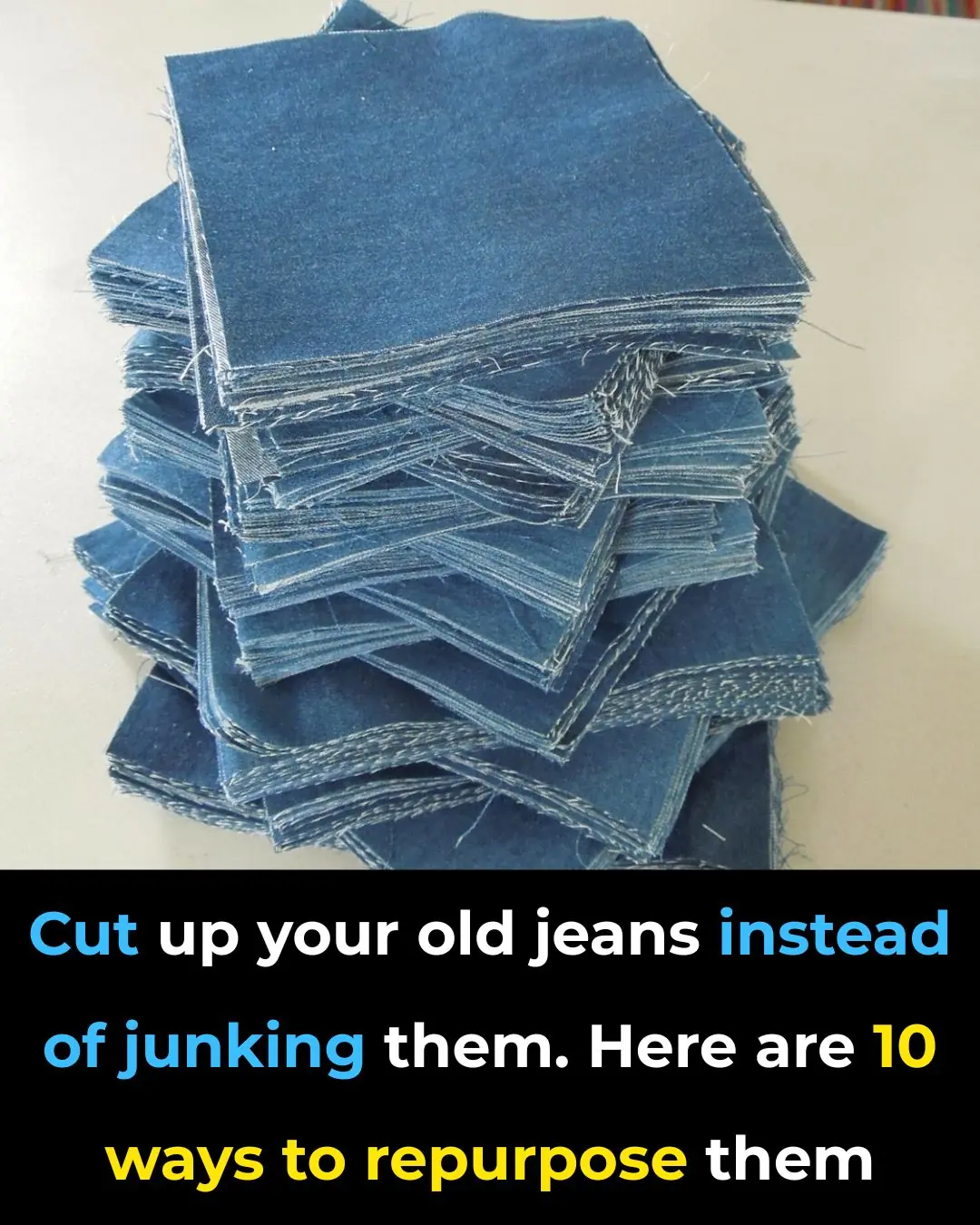
Cut up your old jeans instead of junking them. Here are 10 ways to repurpose them

Put raw chicken drumsticks in a slow cooker with these 3 ingredients. You’ll want it every night.

Easy Clove Cultivation: From Seed to Spice

7 Benefits and Uses of Castor Oil

Zachary Levi dishes on being ‘graylisted’ by Hollywood for his beliefs

Inside Gabby Logan’s marriage to husband Kenny Logan – sex-less marriage; affair allegations; wedding day disaster

Concerns for Lisa Snowdon as she admits ‘a few things need investigating’ following scan

Davina McCall reveals she’s been diagnosed with breast cancer in emotional video message
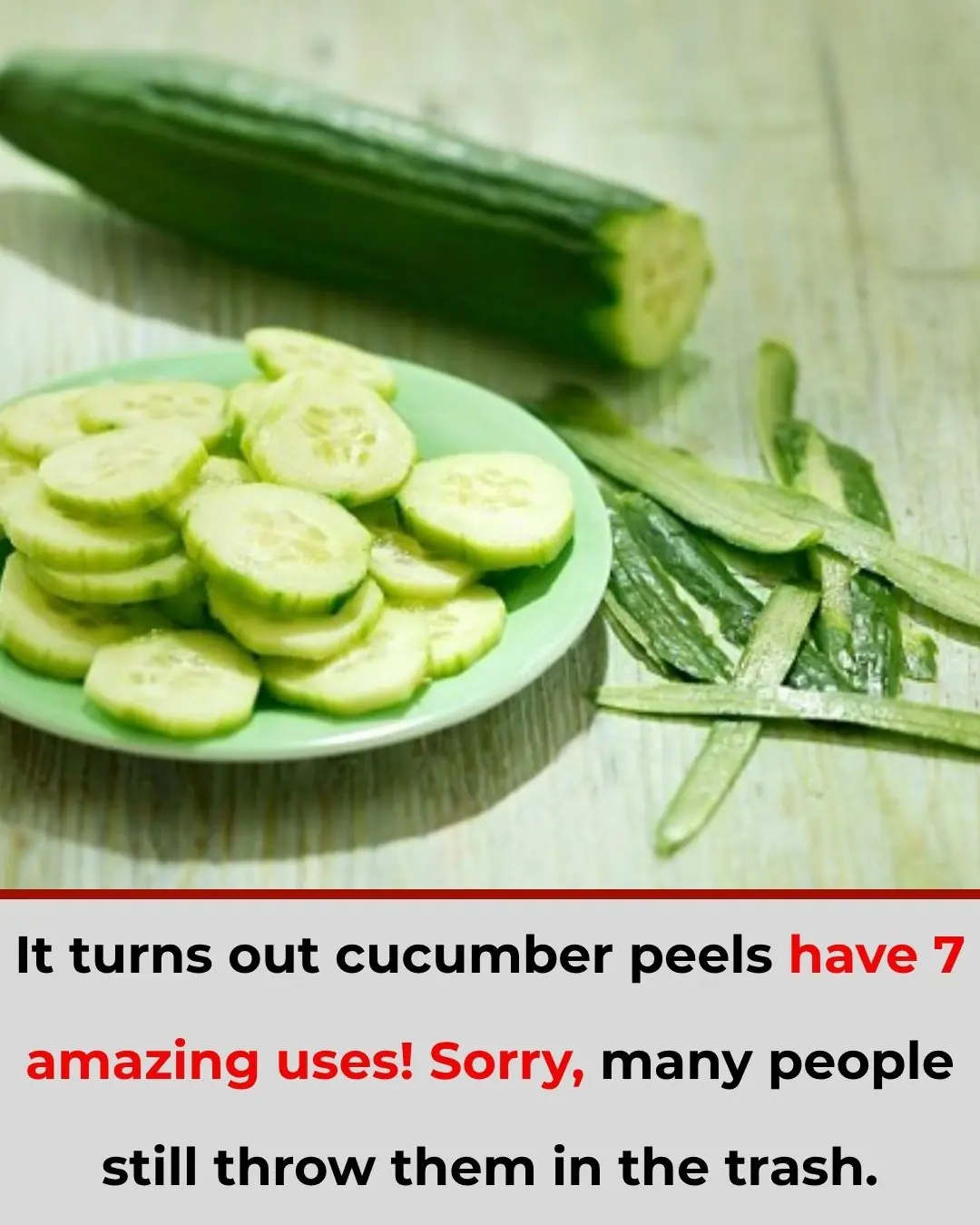
The Amazing 7 Benefits of Cucumber Peels — You’ll Never Throw Them Away Again!

My Nana’s 4-Minute, Zero-Work Hack to Freshen Carpets

Nana’s Timeless Jewelry Cleaning Trick That Actually Works

My nana taught me this hack to relieve joint pain in 5 mins with 0 work. Here’s how it works

What Does This Little Mark On The Ear Mean

Stop Wasting Counter Space on These 10 Kitchen Appliances

Stop Wasting Money on These 10 Paper Products

Keyless Cars: What Every Driver Needs to Know

1 Minute to “Check Your Kidneys” at Home — See Instantly If They’re Strong or Weak

10 Controversial Winter Watering Tricks That Actually Work
